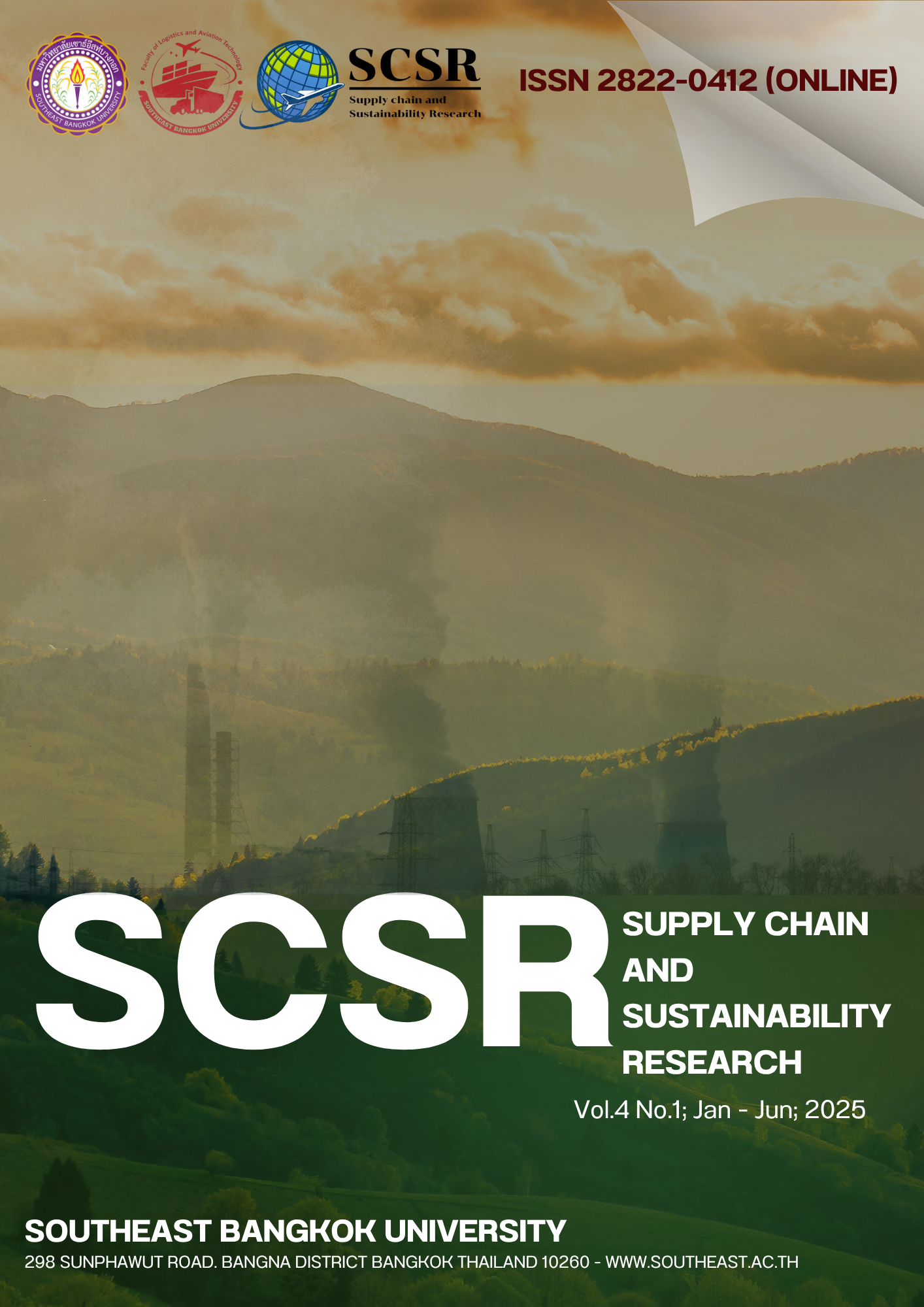Closing the Divide: A Comprehensive Analysis of AI-Driven Intelligent Learning Platforms to Meet Varied Student Educational Requirements
Main Article Content
บทคัดย่อ
The swift progression of artificial intelligence (AI) has revolutionized educational methodologies, with AI-driven smart learning systems (AI-SLS) becoming essential tools for catering to a wide range of student learning requirements. This comprehensive review seeks to evaluate the existing body of research on AI-SLS, concentrating on their core functionalities, impact, deployment obstacles, and strategies for improvement. Following PRISMA protocols, the review scrutinized peer-reviewed articles and non-peer-reviewed literature from 2010 to 2023, using a meticulous approach to guarantee openness and the ability to replicate the study. The results indicate that AI-SLS, leveraging adaptive algorithms, natural language processing, and data analytics, substantially improve personalized and inclusive education. Nonetheless, their success hinges on ensuring equal access, teacher preparedness, and compatibility with educational objectives. Ethical dilemmas, technical constraints, and institutional barriers were pinpointed as significant hurdles to their implementation. To tackle these issues, the review suggests measures such as establishing ethical frameworks, enhancing infrastructure, and encouraging collaboration among stakeholders. The study enriches the literature by highlighting the incorporation of sophisticated features like emotion detection and gamification, marking a substantial advancement in AI-SLS. Moreover, it underscores the importance of context-aware designs and scalable solutions to promote inclusivity. By merging technological progress with ethical standards and practical concerns, this review offers practical insights for educators, policymakers, and developers, ultimately working towards the creation of fair and effective educational settings for all learners.
Article Details

อนุญาตภายใต้เงื่อนไข Creative Commons Attribution-NonCommercial-NoDerivatives 4.0 International License.
บทความนี้ได้รับการเผยแพร่ภายใต้สัญญาอนุญาต Creative Commons Attribution-NonCommercial-NoDerivatives 4.0 International (CC BY-NC-ND 4.0) ซึ่งอนุญาตให้ผู้อื่นสามารถแชร์บทความได้โดยให้เครดิตผู้เขียนและห้ามนำไปใช้เพื่อการค้าหรือดัดแปลง หากต้องการใช้งานซ้ำในลักษณะอื่น ๆ หรือการเผยแพร่ซ้ำ จำเป็นต้องได้รับอนุญาตจากวารสาร

